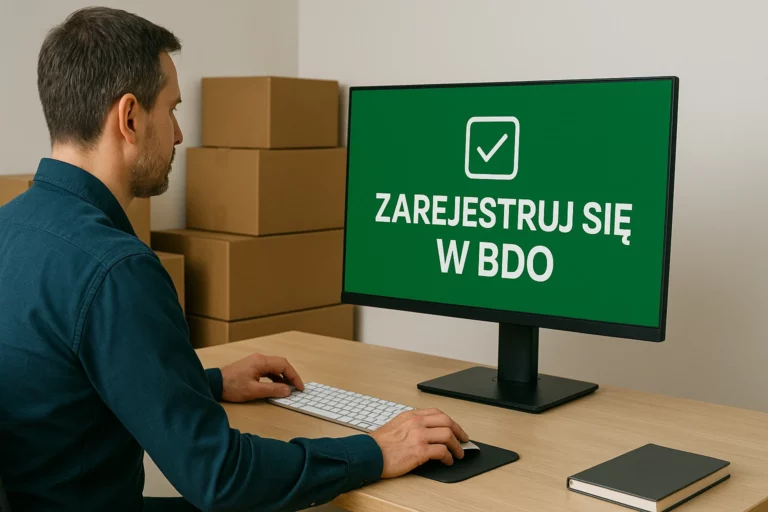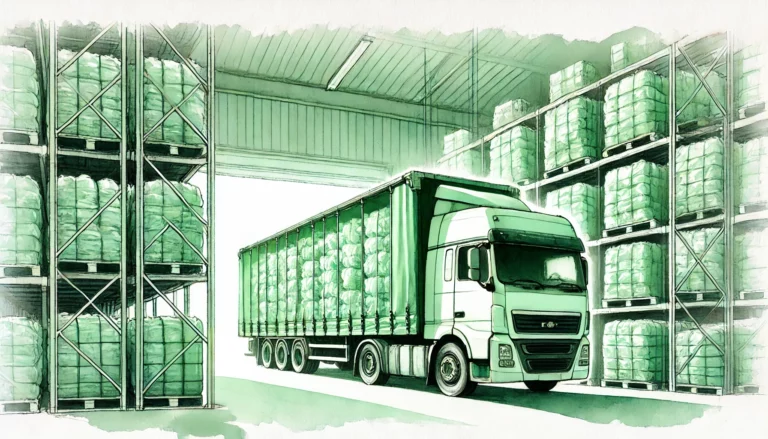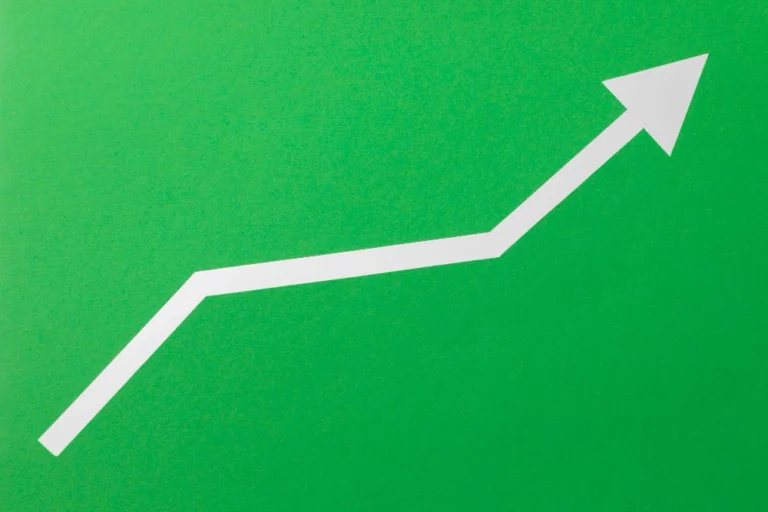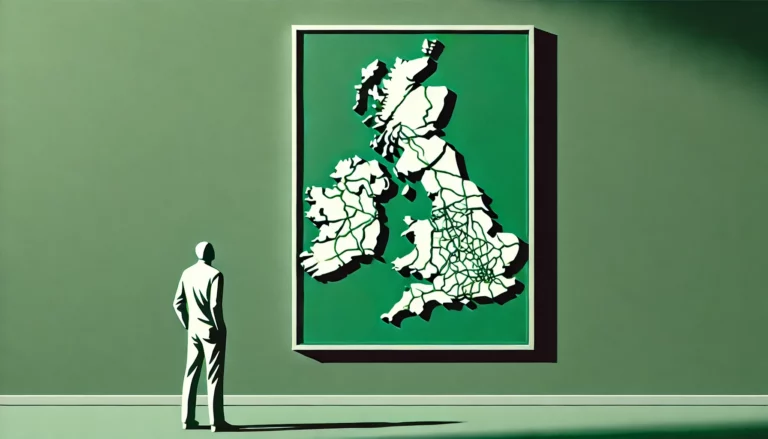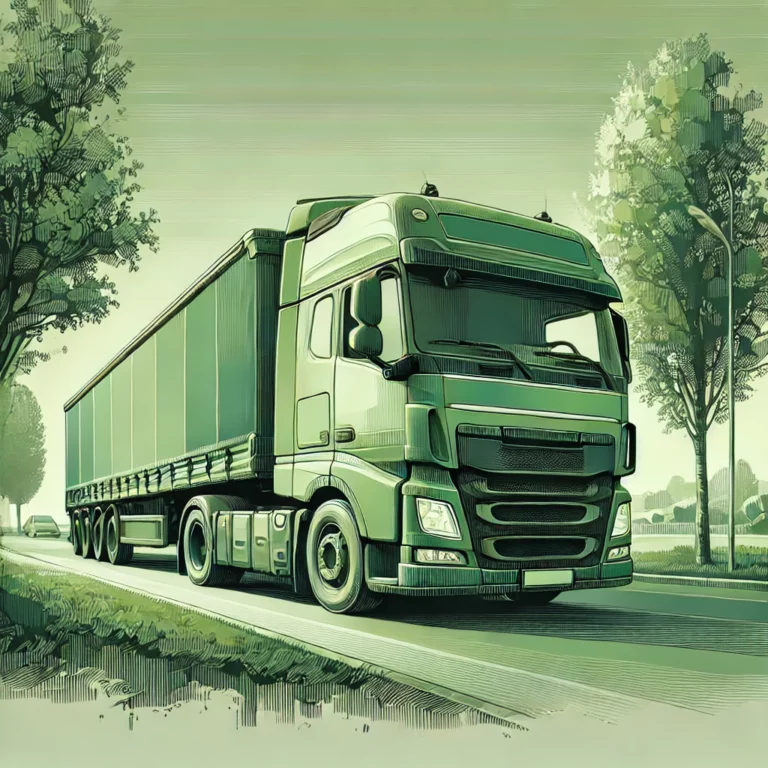The RENTRI system - the Italian answer to the needs of modern waste management
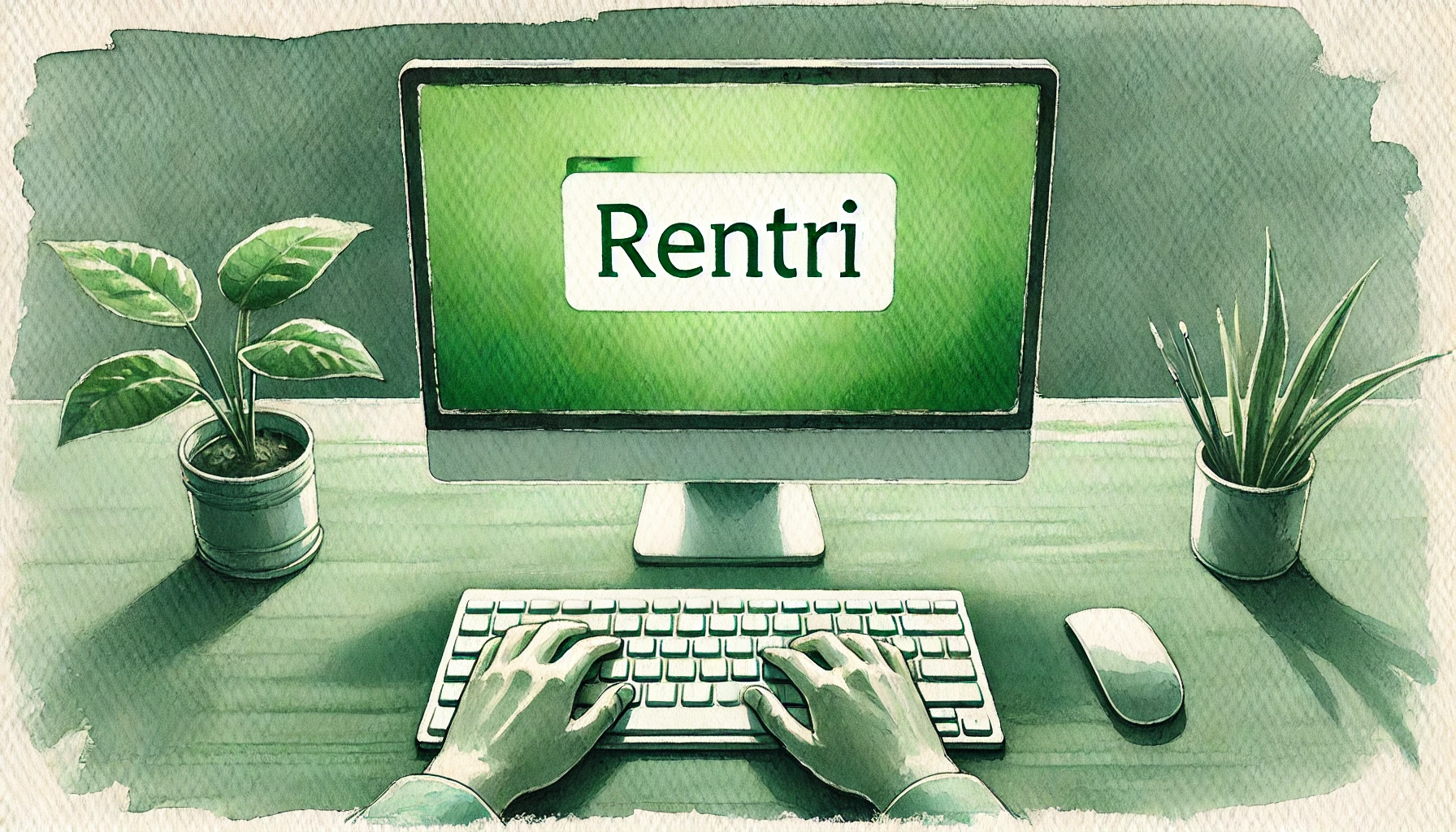
The Italian waste management system is undergoing a significant transformation. In response to new environmental challenges and the need for digitalisation, RENTRI - the National Electronic Waste Tracking Register - was created. This state-of-the-art tool is designed to simplify administrative processes, increase transparency and reduce the illegal circulation of waste. In this article, we will take a closer look at the genesis of the system, its purpose, operating principles and prospects for domestic and foreign entities.
Contact for waste transport permit in Italy
e.nadolna@ekologistyka24.pl , +48 881 045 376
Where did the RENTRI system come from?
The Italian waste management sector has struggled for years with inefficiency and abuse. There were cases of falsified documentation, illegal transport or improper disposal of waste. Effective and automated oversight tools were needed.
In response to these problems and to the requirements of EU environmental directives, the Italian Government set up the RENTRI system. It was established by Legislative Decree No. 152 of 3 April 2006, with subsequent modifications made By Ministerial Decree No. 59 of 4 April 2023 which sets out the technical details and deadlines for implementing the system.
The first phase of implementation started on 15 June 2024 and included the largest hazardous waste operators. The official launch of the system was not a one-off - its implementation was divided into phases that will last until 2026. This allows companies to adapt to the new requirements in a smooth and timely manner.
The system aims to reduce criminal activity, ensure compliance with EU regulations and improve the effectiveness of environmental enforcement.
Who was RENTRI created for and who needs to register?
RENTRI is mandatory for companies operating in the waste sector, whether they generate, process or transport waste. This also applies to companies that store and dispose of hazardous and municipal waste.
Registration into the system takes place in stages. The obligation applies to entrepreneurs on the basis of the number of employees employed and the type of activity:
- from 15 December 2024 - entities with more than 50 employees,
- from 15 June 2025 - companies with between 10 and 50 employees,
- from 15 December 2025 - other primary waste producers.
For the time being, foreign transport companies are exempted from registering in the system. However, this does not mean a permanent exemption - legislative work is ongoing and the European Commission is aiming to harmonise the rules across the European Union. Furthermore, the transport of waste to Italy by foreign companies is still requires a permit.
What objectives does the RENTRI system fulfil?
The main objective of the RENTRI system is to improve control over the life cycle of waste - from its generation to transport to final disposal. Transparency of operations and reduction of reporting gaps are the cornerstones of the new approach.
Thanks to the full digitalisation of processes, state administrations gain immediate access to data, which reduces response times, increases the effectiveness of controls and eliminates irregularities. For companies, this means greater predictability and simpler procedures. The system also makes it possible to generate reports in line with current legislation and facilitates communication with supervisory authorities.
How RENTRI works - a technical overview of the system
The system is based on a digital register and electronic waste transport cards. Companies are required to enter data into the platform at each stage of the operation. RENTRI integrates with other administrative systems, avoiding double reporting.
Two main modules are now in place: Entity Register and Waste Catalogue. Further elements will be implemented later, including the Electronic Waste Transport Card (e-FIR). Full implementation of the entire system is planned by the end of 2026. The platform is available online and access requires registration and login using digital authentication.
What our expert thinks of the newly created system, Ewelina Nadolna, dealing with environmental law?
The Italians have launched RENTRI, an electronic waste monitoring system that will eventually cover both records and documentation related to transport. For the time being, the system is operating to a limited extent and the document module has not yet been fully implemented. This is somewhat reminiscent of the beginnings of the Polish SENT - there were also questions, technical problems and a lot of uncertainty. But today no one can imagine transporting so-called sensitive goods without this tool.
Any such system raises concerns at the start - naturally, because it means a change of habits, new responsibilities and often mistakes that only come out in practice. But in retrospect, it is clear that this is a necessary direction. RENTRI is a step towards greater transparency in waste management and better control over its flow. And although it is not yet fully operational today, it is already worth watching it and learning its logic - because it will prove extremely useful in the long run.
RENTRI versus foreign entities - what do you need to know?
Although currently foreign companies transporting waste through Italy do not have to use the system, this situation may change. The introduction of compulsory registration for these companies is possible in the event of a revision of EU legislation.
It is therefore worth monitoring legal developments now, especially if the company regularly operates in Italy. Preparing in advance can save many formal difficulties in the future. It is also worth ensure that the relevant permits are in placewithout which it will not be possible to transport waste to Italy.
In which countries do similar systems operate?
Poland has benefited for years from the SENT systemwhich monitors the transport of not only waste, but also fuel, alcohol or medicines. SENT works on the basis of GPS and digital transport declarations.
Similar platforms also exist in Germany, France and the Netherlands, where local electronic registers and registration requirements are used. The trend towards the digitalisation of environmental inspections is growing throughout Europe.
***
The RENTRI system is a milestone for the Italian waste management sector. It aims to increase transparency, simplify administrative processes and counter illegal practices. Although the obligation does not yet apply to foreign companies, it is worth following the regulatory developments.
The implementation of similar systems in other European countries shows that digital waste monitoring is becoming a standard. RENTRI fits into this trend as a modern tool to support sustainability.

